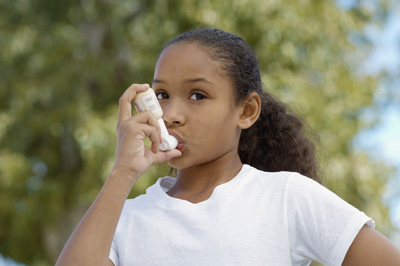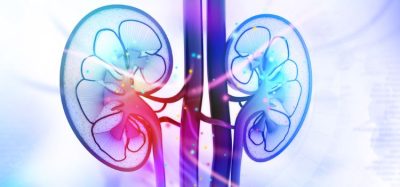GSK’s Advair Diskus achieves primary endpoint in LABA safety study
Posted: 17 March 2016 | | No comments yet
The VESTRI study compared Advair Diskus to fluticasone propionate monotherapy in children aged 4 – 11 years who have asthma…


GSK has announced results from the paediatric ‘LABA’ (long acting beta2-agonist) safety study.


The VESTRI study compared Advair Diskus (FSC), a combination of the LABA, salmeterol, and the inhaled corticosteroid (ICS), fluticasone propionate (FP), to FP monotherapy in children aged 4 – 11 years. The study assessed the composite endpoint of serious asthma-related events (deaths, intubations or hospitalisations).
The primary safety endpoint of the VESTRI study showed FSC twice-daily demonstrated non-inferiority compared to corresponding doses of FP twice-daily, on the risk of serious asthma-related events. All serious asthma-related events were hospitalisations, and there were no asthma-related deaths or intubations seen in either arm of the study.
In the study a non-statistically significant reduction of 14% was observed in the risk of time-to-first asthma exacerbation for FSC compared to FP.
VESTRI is the second study undertaken by GSK as a post-marketing requirement of the US Food and Drug Administration (FDA). The first study, AUSTRI, carried out with adolescent and adult patients with asthma, demonstrated non-inferiority of FSC compared to FP. GSK was one of four manufacturers of LABA-containing products indicated for the treatment of asthma, required to undertake equivalent studies designed to evaluate whether the addition of a LABA to an ICS increased the risk of an event in the composite endpoint of serious asthma-related events (deaths, intubations or hospitalisations) in adolescents and adults. GSK was the only manufacturer to conduct a study in children aged 4-11 years of age, as it is the only manufacturer with a licence to treat this age group in the US. The FSC 250/50mcg dose is not licensed for the treatment of paediatrics with asthma.









